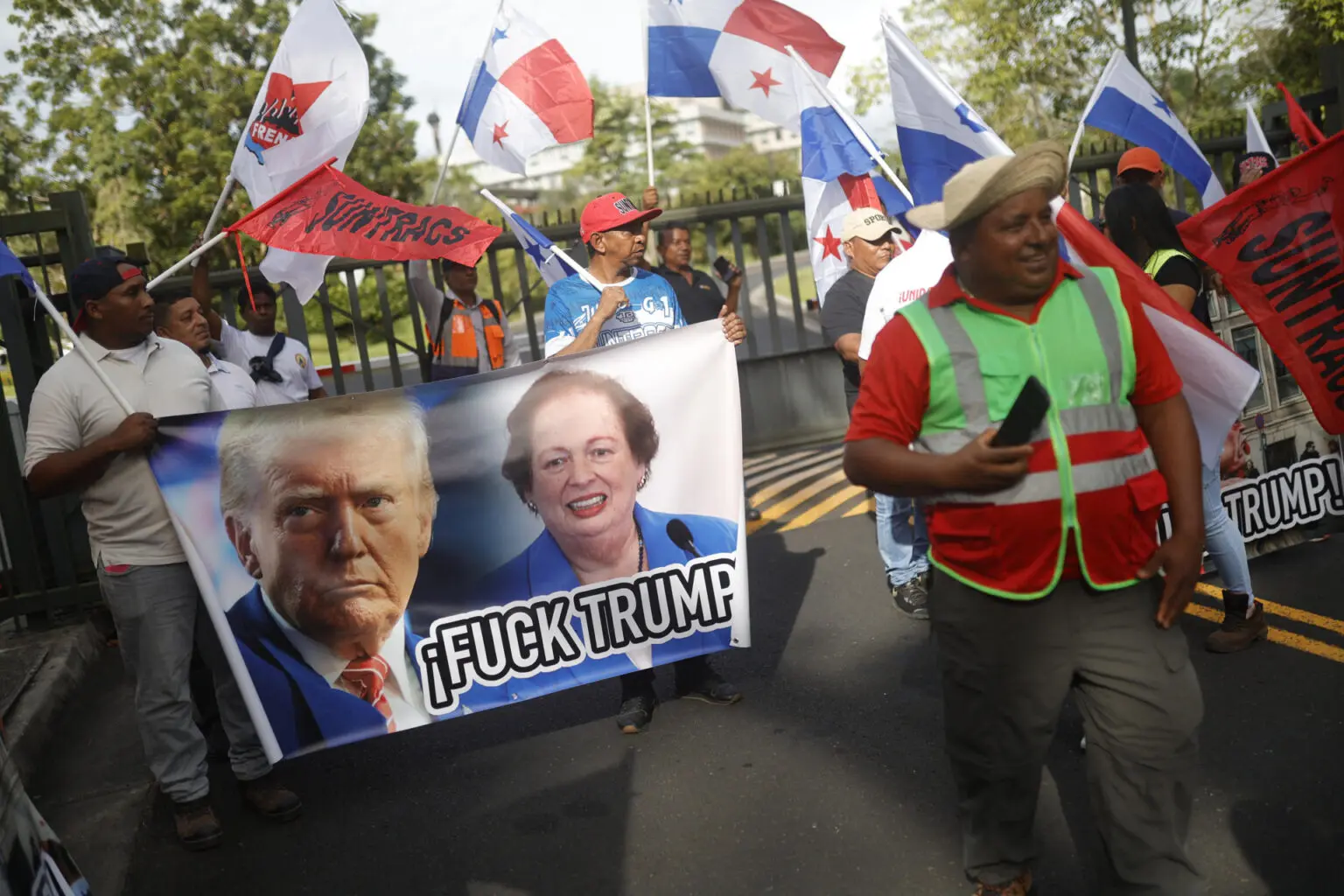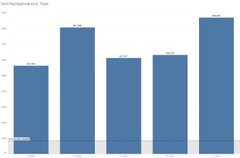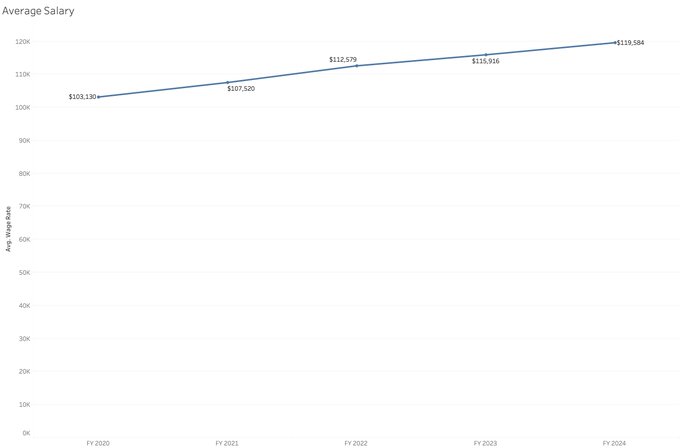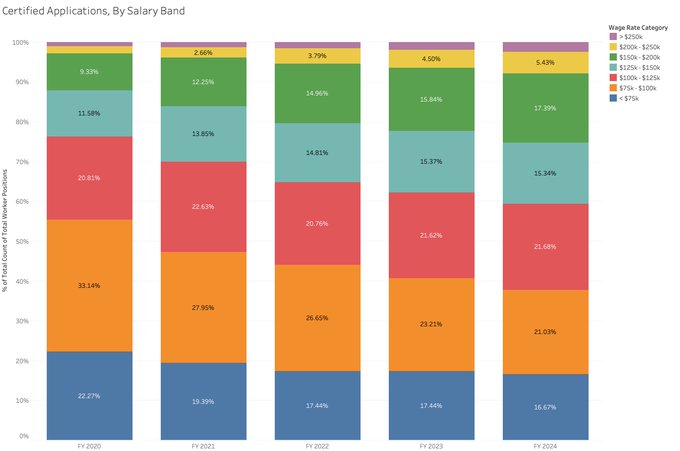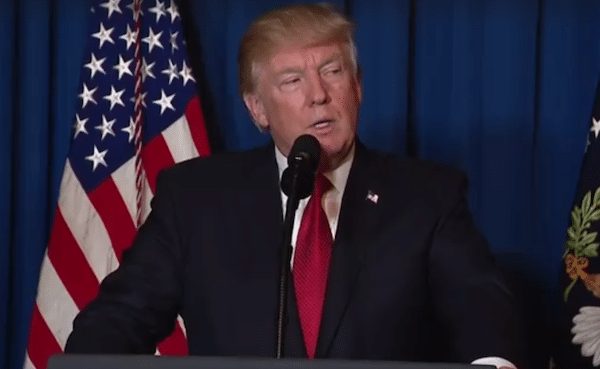December 23, 8:39

In December, Trump voiced direct claims against the future US administration to:
1. Canada.
2. Greenland.
3. The Panama Canal.
In a rules-based world order, voicing territorial claims against neighboring countries is the new norm.
Trump also promised to expel transgender people from the US military after coming to power and to legislate 2 genders (not 47).
https://colonelcassad.livejournal.com/9567236.html
Google Translator
Damn good thing the 'peace candidate' won, huh? Cause Trump gonna curb US imperialism cause he's an isolationist...Jfc, we amerikans got an excuse cause we've been subject to massive propaganda in all aspects of our lives and can't discern reality from showbiz. But all these bloggers and analysts who bought that bag of shit oughta be ashamed, the guy's as big a blowhard as PT Barnum and as honest too.
Leave those poor people alone, they got enough problems. Let the science of biology define gender and consign this silly metaphysical claptrap to that speculative field known as psychiatry which at best serves as a palliative for the disorienting madness of capitalist society.
******
The Panama Canal & Greenland Are Trump’s For The Taking If He Really Wants Them
Andrew Korybko
Dec 23, 2024
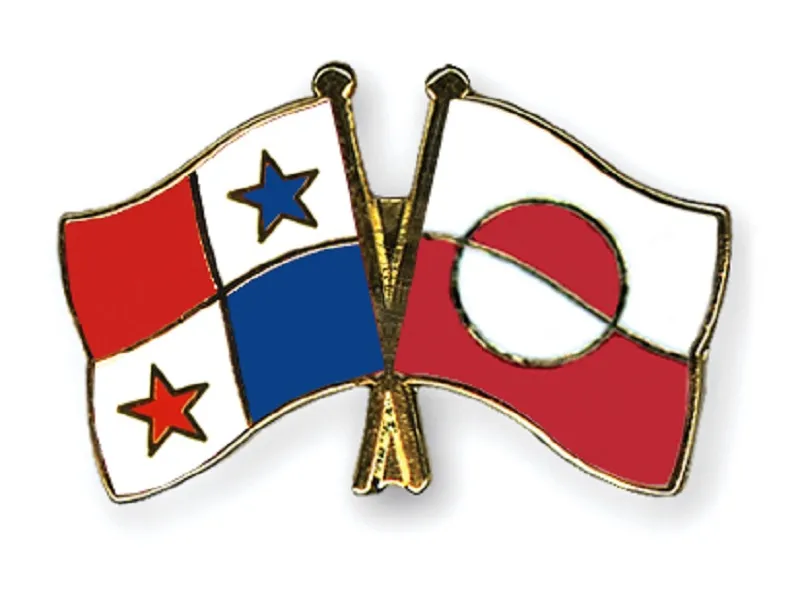
MAGA 2.0 is poised to be more geopolitically assertive than MAGA 1.0.
Trump threatened that the US might retake control of the Panama Canal if it remains under indirect partial Chinese management and continues to charge the US what he described as exorbitant rates for passage. He then posted shortly after that, “For purposes of National Security and Freedom throughout the World, the United States of America feels that the ownership and control of Greenland is an absolute necessity.” Both are his for the taking if he really wants them, but it’s unclear whether he does.
As regards the Panama Canal, Trump’s immediate imperative appears to be rolling back Chinese influence over this crucial waterway, which he seemingly fears could be leveraged by the People’s Republic to cut the US off from transoceanic shipment in the event of a crisis over Taiwan. He might also want to coerce Panama into shutting down illegal migrant routes to the US via the Darien Gap. Both are sensible from the perspective of his MAGA worldview that aims to restore the US’ unipolar hegemony.
His objectives in Greenland might be similar in the sense of ensuring that Chinese companies don’t obtain a monopoly over that island’s critical mineral reserves as well as preventing the construction of “dual-use infrastructure” that might one day give Beijing military and intelligence advantages. Direct control over sparsely populated and practically undefended Greenland, which formally remains part of Denmark, is seen as the most effective means to that end.
Trump’s threat to the Panama Canal and his claim to Greenland are also likely meant to appeal to his supporters’ expectations that he’ll “Make America Great Again” in a visible geopolitical way. Even if he doesn’t impose formal US control over them, expelling Chinese influence from both and replacing it with US economic influence could be enough to satiate them. This could also solidify his legacy and lay the basis for his successor, who’d probably be JD Vance, to establish formal control sometime later.
Both are Trump’s for the taking if he really wants them since neither could meaningfully oppose the US military if he authorizes an invasion. They’d be low-cost operations with high economic and political returns even though they’d occur at the expense of the US’ international reputation. The global community would predictably decry them as imperialist invasions, but nobody would stand in the US’ way nor sanction it afterwards. The most that might follow is harsh rhetoric, nothing more substantive.
Trump wants to reshape the “rules-based order” to the US’ advantage after China masterfully used the prior system’s own rules against the West to turbocharge its superpower trajectory. He’ll therefore explicitly employ double standards to push back against the People’s Republic in pursuit of building what can be described as “Fortress America”. This refers to the reimposition of US hegemony over the entire Western Hemisphere following the expulsion of Chinese and Russian influence from there.
It remains to be seen which methods Trump will ultimately rely upon for reasserting US influence over the Panama Canal and Greenland, but military means can’t be ruled out due to the ease with which he can use them to achieve these goals if necessary. He’s willing to accept the costs to the US’ international reputation since he’d prefer for his country to be feared more than loved anyhow. Judging by Trump’s remarks on these two issues, MAGA 2.0 is poised to be more geopolitically assertive than MAGA 1.0.
https://korybko.substack.com/p/the-pana ... enland-are
It occurs to me that these demands might serve Trump to offset the anticipated defeat in Ukraine the way the invasion of Grenada did after the black eye in Beirut.
******
Lying Is A Requirement.
In the US politics. Trump is doing what he does best--BS.
(Video at link.)
Putin could never have said anything like this because he knows who Trump is and he has no intention whatsoever to "stop" the war in "24 hours". This is a pathological narcissism which breaks all limits of propriety and allows the guy to lie and sincerely believe his own lies. Obviously, Russians have no illusions about the US intentions whatsoever. Russians are also very good at math and they know US manufacturing capabilities of critical weapon systems as well as the starting levels of resources.
Remarkably, Trump, in some ironic sense, continues to reap what he and his admin, of which he had no control whatsoever, have sown--arming and training Kiev regime in earnest. Russians have a very good memory. Meanwhile--US tax dollars at work or rather not working.
(more...)
http://smoothiex12.blogspot.com/2024/12 ... ement.html
You might have already seen it but watch that 29 second video for confirmation: not only a liar but stupid and ignorant to boot. And as stated he believes his own bullshit perhaps even more than most bourgeois politicians.
http://youtu.be/WOPDzD_P9gg
******
I Am Sorry for My Friends in USA
December 22, 2024

President Donald Trump speaks to Venezuelan-Americans on February 18, 2019, in Miami. Photo: Jim Watson AFP/Getty Images/file photo.
By Maria Páez Victor – Dec 20, 2024
The Global North, empire-like countries, do not think generally they have anything to learn from the smaller, weaker, or poorer ones. This is hubris, and this attitude is to their detriment. I recall that in Venezuela, when Hugo Chávez was elected at the end of 1999, he overthrew a plutocratic system whereby the business elites of that country had dominated the two main parties which had governed for 40 years dispensing oil revenues to themselves and their associates. They were governed by the rich for the rich. On his very first days in office, President Chávez received a visit from Venezuela’s richest man, Cisneros. He came to give him a list of the names of the people he said Chávez should name to his Cabinet. Chávez answered with indignation: (paraphrasing)“Who do you think you are talking to? I am the president of all Venezuelans and you and your list can leave my office now.” Chávez wanted no truck with the people who had been responsible for the greatest theft in the country’s history, to the tune of more than 15 times the Marshall Plan. His government was not to be a government for the very wealthy. And it wasn’t and it isn’t to this day under Nicolás Maduro.
In the USA, the situation is quite different with their incoming president who is more than welcoming the ultra-rich. The Congressmen & women, Republican and Democrats, have just negotiated together a deal for the mid-year budget. This is no easy exercise which takes time and much tact. When, in years past, they could not reach a timely agreement, the citizenship was greatly affected for lack of paychecks and services. So, this was good news. Until Elon Musk, an unelected super-billionaire, now the right-hand man of billionaire president-elect Trump, decided that it was not a good deal and so persuaded Trump. But that was not all: they had the temerity to threaten the Republicans, that if they voted for this, their political career was ended. This is beyond bullying; it is a threat to the legitimate representatives of the people. Did not the citizens of the USA realize this violence to their government? Are Congressmen & women serving unelected billionaires or the people who elected them? The situation has not yet been resolved.
If Musk feels he can threaten US representatives, I also fear what he will try to do with respect to other nations. Like Trump, Musk thinks he can wade in on the domestic affairs of other countries with impunity. This week he just described the far-right Alternative for Germany (AfD) party as the country’s only savior, which led to calls from Berlin for the US billionaire to “stay out” of their politics. Musk also dared insult Canada calling Prime Minister Trudeau insufferable and saying he would soon lose power, heedless of the fact that Canada is the staunchest US ally and main commercial partner.
It then becomes quite probable that Musk will once again try to destabilize the Venezuelan government now that Trump has been elected. Musk has shown himself quite an adversary of Venezuela. President Maduro has revealed that Musk has tried to overthrow the legitimate Venezuelan government by instigating deadly terrorist acts in the country spending $1 billion to that effect.
Venezuela is in a tight spot seeing how in Trump’s past term he instigated a false president, robbed Venezuela of its oil company CITGO, intensified to the extreme the illegal economic sanctions against Venezuela which, and by blocking it from buying food and medicines, led to the deaths of at least 100,000 Venezuelans.
However, to be fair Trump has campaigned on wanting to stop the US being involved in so many foreign wars. As well he is quintessentially a businessman. So, it would more likely appeal to him to give access to Venezuelan oil to the oil producers of Texas and Louisiana to keep the price of gasoline low, than to go on a wild military adventure in Venezuela that would, with absolute certainty, result in a regional quagmire, not to mention trouble with China and Russia which have defense accords with Venezuela. The oil refineries in the USA were built specifically to refine the heavy crude from Venezuela and it is not easy, or even possible, to change that configuration. In any case, while it is true that the USA can get oil from other parts of the world, none can beat the geographic advantage that Venezuela has: the oil is only 5 days away by ship.
The US, of course, has the capacity to invade and bomb Venezuela. After all, it destroyed Iraq, Afghanistan, and Libya but that would mean the destruction of the oil infrastructure. More importantly, however, is the fact that the government of Nicolás Maduro is a very popular government. Its people are highly organized into many grassroots associations, the militia counts with more than 5 million civilians, and Venezuelans -historical liberators of South America- will intensely fight for their sovereignty. There will be no welcome for any invader there. It would be Vietnam redux.
Just how much Trump will heed his noxious billionaire advisor we have yet to see. If Trump continues to be advised, led and persuaded by the likes of Musk with such disdain for the normal political protocols and customs, the result can only be ad hoc chaotic governance. Democrats should be looking seriously at the issues that these two do not share. Trump basks in popularity; he wants to be admired and fawned over. He should beware because Musk, to put it mildly, is very light on charisma or popular appeal, and he may come between him and his fans. There is a toxic whiff about Musk.
History has examples and lessons that we should heed. All empires fall, and the fall of Rome holds ominous warnings for today’s empire:
“The final victory over Carthage in the Punic Wars led to rising economic inequality, dislocation of traditional ways of life, increasing political polarization, the breakdown of unspoken rules of political conduct, the privatization of the military, rampant corruption, endemic social and ethnic prejudices, battles over access to citizenship and voting rights, ongoing military quagmires, the introduction of violence as a political tool, and a set of elites so obsessed with their own privilege that they refused to reform the system in time to save it.” (Mike Duncan, “The Storm Before the Storm, the beginning of the end of the Roman Empire”, 2017)
Having spent so much time, effort, study and discussion criticizing and lamenting the way the US governments have mistreated Latin America, and specifically its criminal hybrid war against Venezuela, (as well as towards Cuba and Nicaragua), it feels strange to be feeling such sympathy for the US today. My personal friends there are admittedly, not a random sample of its population. They are from my same socio-economic sphere: professionals, academics, or writers, in other words middle class, whose friendship I treasure through so many years. Admittedly, I do not personally know many of the working classes there, but I find myself worried for them even more as they can be sorely taken advantage of by Trump and his entourage.
Do they all know what perils they are facing? The Republic of the United States some time ago gave way to the Empire of the United States. If not, what are those 800 military bases around the world for if not for domination? But this week we have witnessed how that Empire is now turning into an overt, openly, unabashedly, Plutocracy. That is, government for and by the rich. The very rich.
And none of my friends, acquaintances or people I respect, belong to that deplorable class. Beware, my friends, the barbarians have entered your gates.
https://orinocotribune.com/i-am-sorry-f ... ds-in-usa/


